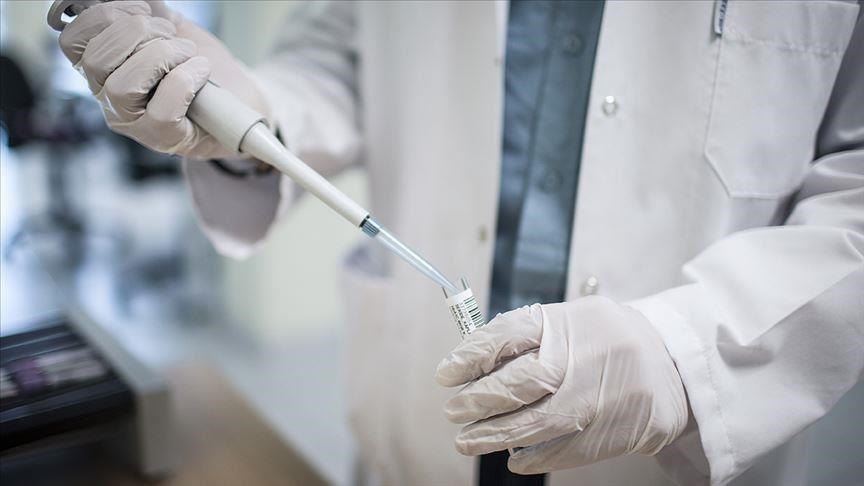WHO chief urges world leaders to prioritize HIV prevention
World health body recommends use of injectable lenacapavir option for HIV prevention

KIGALI, Rwanda
The WHO chief on Monday called on world leaders to prioritize HIV prevention and embrace meaningful partnerships in an effort to achieve the goal of ending AIDS.
Addressing the International AIDS Society conference on HIV Science in Kigali, the capital of Rwanda, Tedros Adhanom Ghebreyesus said governments, scientists, civil society and affected communities must stand together to uphold advances made in treatment, prevention, and care services.
“For over two decades, sustained investments have led to groundbreaking advances in treatment, prevention and care for millions of people. We cannot let that progress slip away,” he said.
Tedros decried the fact that the recent sudden withdrawal of funding for HIV programs is causing huge disruptions in access to life saving services in many countries.
The conference drew over 3,000 global leaders, researchers, and civil society members to shape the future of the HIV response.
The WHO also used the opportunity to issue new guidelines recommending the use of injectable lenacapavir (LEN) as an additional pre-exposure prophylaxis option for HIV prevention, along with injectable antiretroviral for treatment.
Health officials say the guidelines mark a critical policy action that could help reshape the global HIV response.
Tedros, however, said that such powerful medicines are only useful if they can get to the people who need them.
LEN, the first twice-yearly injectable product, offers a highly effective, long-acting alternative to daily oral pills and other shorter-acting options, according to the WHO.
With just two doses per year, the WHO says LEN is a transformative step forward in protecting people at risk of HIV, particularly those who face challenges with daily adherence, stigma, or access to health care.
“While an HIV vaccine remains elusive, lenacapavir is the next best thing: a long-acting antiretroviral shown in trials to prevent almost all HIV infections among those at risk,” Tedros said.
According to the UN health agency, HIV prevention efforts have stagnated, with 1.3 million new HIV infections occurring in 2024 and a disproportionate impact among key and priority populations, including sex workers, men who have sex with men, transgender people, people who inject drugs, people in prisons, and children and adolescents.
“We have the tools to turn the corner on HIV,” Tedros said, urging world leaders to honor their commitments, support global HIV research and reject the politicization of science and scientific institutions.
By the end of 2024, an estimated 40.8 million people were living with HIV with an estimated 65% in WHO African region, according to WHO data.
Anadolu Agency website contains only a portion of the news stories offered to subscribers in the AA News Broadcasting System (HAS), and in summarized form. Please contact us for subscription options.




